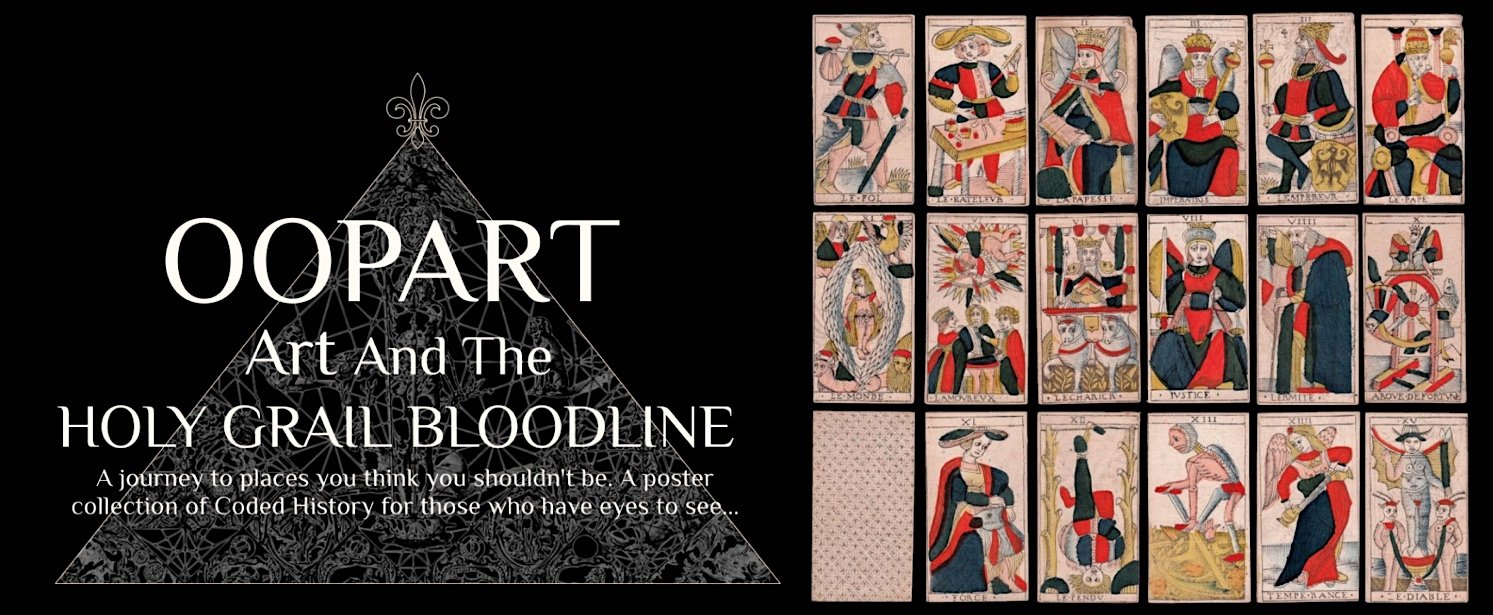Entertainment Contracts Everybody Needs to Read
I’ve been wondering what to write about and recently met an entertainment lawyer for TV series on a social app. It reminded me that I’m a law geek. Inspired by dating lawyers. Also incredibly useful for producing and managing projects, mostly concerts and festivals.
Contracts are a set parameters that everybody on any project needs to read for a bunch of reasons. Even if you are a volunteer or full-time
staff. Contracts and waivers tell you what your job is and is not. It makes insurance companies happy to cover you and your boss happy to rehire you. The insurance companies prevent you from getting sued if you f-up. They also protect your producers, so they can keep producing shows.
I have a spooky real life experience story for you. I was hosting backstage guest door for a New Years Eve costume gala in San Francisco, California. The party was for over 5,000 people, so backstage guest door needed a team of five. Two were paid to check credentials and one volunteer to manage internal traffic. Plus two licensed security on entry and to manage outside traffic.
As is my habit I read the contracts and the volunteer contract had a particular clause. The clause was that a volunteer cannot go outside normal guest areas. For example, if the venue is a museum, the volunteer cannot walk onto an exhibit area/stage. But this particular volunteer was listed as a performer. When in fact the volunteer was a people traffic guide and couldn’t go onto an exhibit/stage. The double irony and twisted legal plot stuck in my head.
The first clause I mentioned kicked into effect later that night. One of the guests in an elegant full sequin gown was chatting next to an exhibit of old steam powered machinery. She dropped her very expensive phone into a pit beside the old steam boiler. Retrieving the phone needed somebody to go into the exhibit to get it. I am pleased to say that the volunteer had read her contract.
She, the volunteer, came over to the guy checking credentials and asked if he was being paid to work that gig. The guy was “Huh what?” at first, it was a part and noisy of course, but he said “Yeah, why?” The volunteer had to raise her voice. She explained that the contract his boss had given her to sign didn’t let her fetch the woman’s phone. It was because the volunteer was a volunteer. Somebody who was being paid to be there had to fetch the phone.
The guy on staff was costumed in head to toe steampunk and looked like a piece of performance art. He was also very busy. There was a huge guest list. Getting backstage guests credentialed and through the door is like herding cats. But steampunk guy listened to the volunteer, over the din of the party. He then comprehended the problem.
Steampunk vest, watch chain and all he walked through the crowd of costumed guests to the elegant sequined lady. I introduced the elegant lady to steampunk guy and elegant lady pointed to where her expensive phone fell. Steampunk guy transformed into a steampunk knight with shining watch chain. He climbed down into the steam engine pit and gallantly retrieved the elegant lady’s cell phone.
The elegant sequined lady was overjoyed to have her expensive cell phoned safely returned, huge smiles. The rest of the crowd thought it was part of the show and the steampunk knight in shining watch chain took a bow. The steampunk knight in shining watch chain then went back to his post to herd backstage guest cats.
But that is not the end of the story… nor the spooky part.
The elegant lady in full length sequins said thank you to the volunteer. Adding that she hoped the volunteer was getting well paid. The sequined lady went on to explain that she was a litigation lawyer specializing in accidents at events. Later that week I checked the lady’s credentials, and she was not a scammer, she was a high-level legal council.
If the volunteer had stepped one foot into the exhibit, it would have been the lawyer’s legal duty to report it. If there had been an accident, the volunteer and the show might not be covered. According to the insurance parameters, the volunteer had signed a waiver issued by the show.
What I am describing here is a legal situation called, which has a legal term called “The Law of Tort.” In a nutshell the Law of Tort is to do with knock on effects. Not only what can happen, but what that happening can cause what else to happen. And what those happenings can cause and so on. Whoever designed that show’s contracts had never worked on a show, nor long enough to see the knock on effects.
The drafter of their legal documents may also not have had lateral thinking training. When you work on a show or set, or any kind of production, there are always knock on effects. You learn the knock on effects by learning to multitask. Multitasking and preventing knock on effects become second nature for survival.
Multitasking for any kind of production, in any department or pay rate, includes reading contract law. Even if you are a volunteer. Contracts and waivers are a set of guidelines to keep you and/or your show safe. Signing them legally means you’ve read and understood them. If you’ve not read them it can be problematic for you and/or your show.
Reading laws concerning what you do for a job is good for business and good for your career prospects. Understanding and preventing knock on effects and their legals put you at management level. It also gives you self-confidence, because you have some structure to work from that isn’t going to budge. At least not without a serious court case.
With the Virus Lockdown, business is ramping up for studio based productions. New contract clauses will develop that you need to know about. You also need to understand some law basics to understand the clauses. There are free examples and video lectures on all kinds of law online. Also ask about contracts of projects you’ve worked on, so you can review past experiences. Even if you aren’t a law geek, reading law can and will save your ass.







